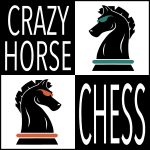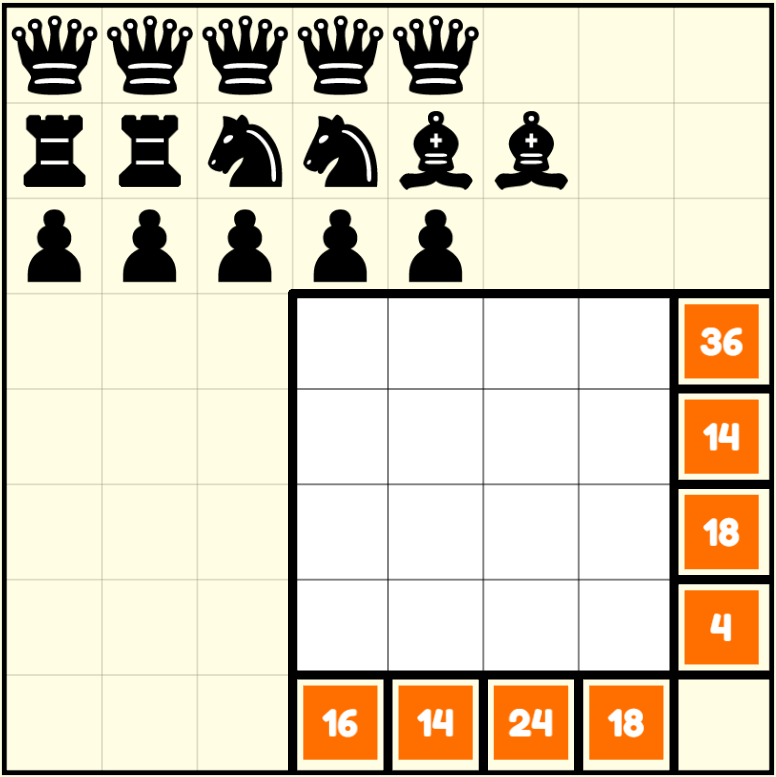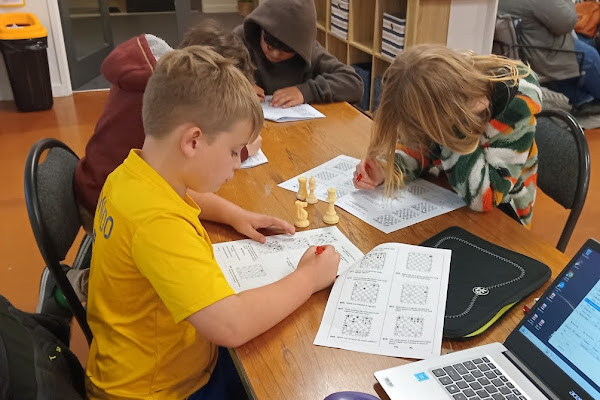
Chess In Education
Since children enjoy learning through play, chess can be a powerful educational tool for the development of academic, 21st-century skills and life lessons.
Educational chess offers a multi-purpose approach that addresses the needs of educators and creates a positive learning environment for pupils. The advantage of educational chess is that it offers high impact on skill development in a short period of time.
Every game of chess is a test of a new situation with problems that have never been seen before regardless of the playing level of the game partners. Chess draws upon memories of past games and experiences. That’s a healthy cognitive activity at any age. Recognizing a problem and figuring out a solution occurs multiple times during a game of chess.



21st Century Skills
Critical thinking
Pattern recognition
Strategic planning
Assessing solutions
Defense of reasoning
Meta-cognitive reflection
Communication
Listening carefully
Substantiation and argumentation
Body language
Managing emotions
Creativity
Lateral thinking
Wealth of resources
Originality
Flexibility of ideas
Collaboration
Teamwork
Solidarity
Engament
Active listening
Cooperative problem solving
Life Skills
Impulse control
Decision under pressure
Perseverance
Focus
Respect
Dealing with tension
Sacrifice
Sensitivity
Empathy
Patience
Adaption to change
Forseeing consequences
Academic Skills
Literacy
Reading informational text
Language acquisition
Perspective
Collaborative conversations
Visual and oral presentation
Mathematics
Concrete, pictorial abstract method
Coordinate systems
Point value
- Problem solving vs rote learning